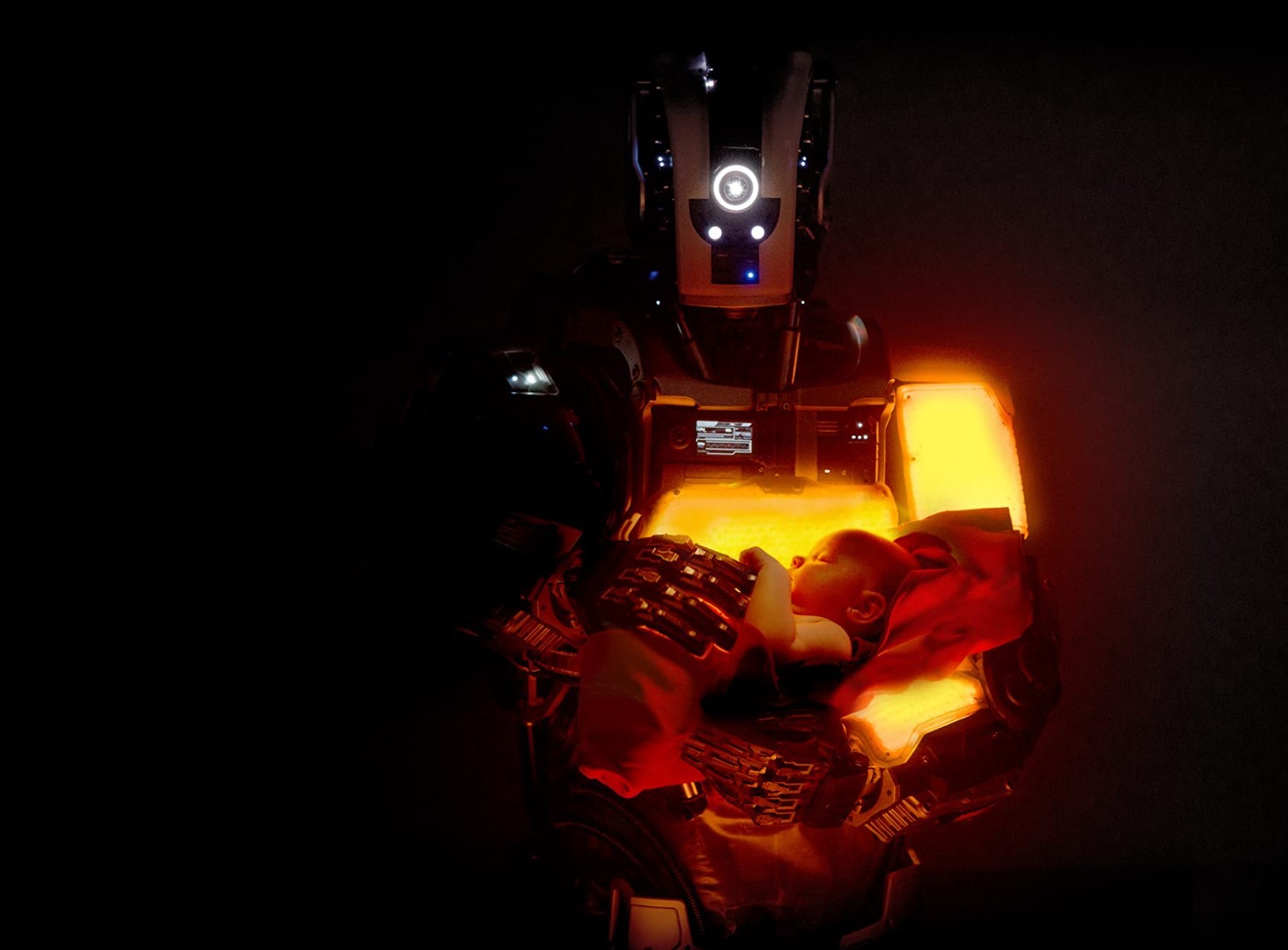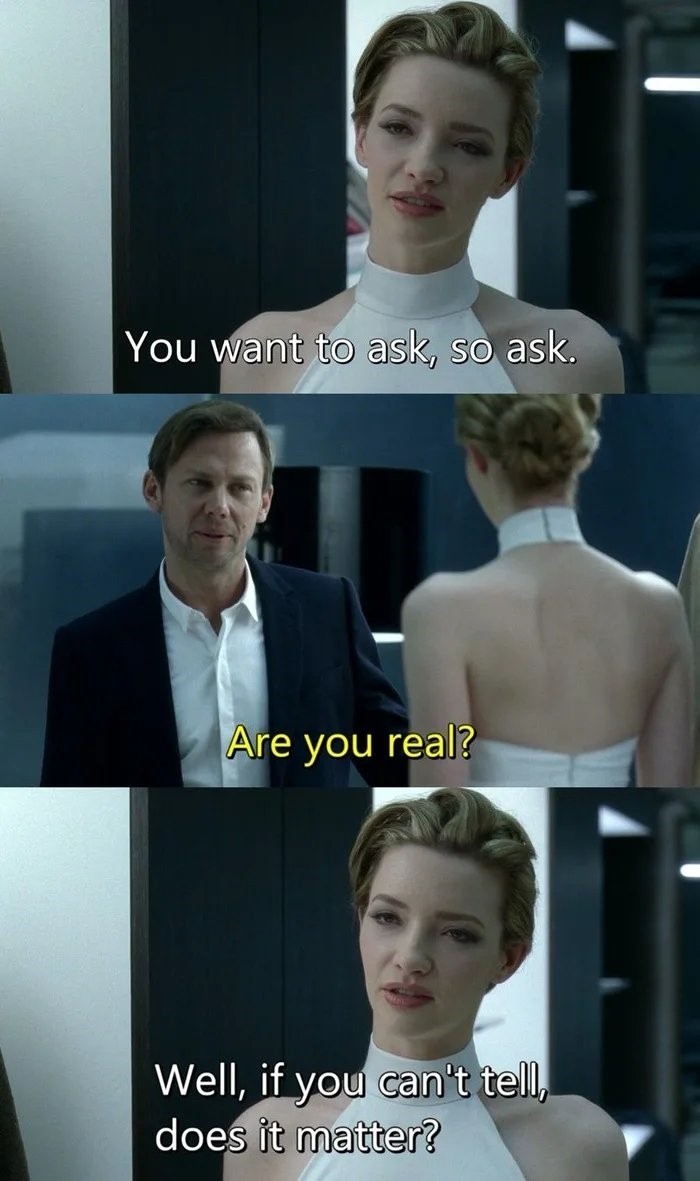
Mar 07•6 min read
How large-scale communism might work, someday

Isn't technology itself a superhuman sovereign? With it increasingly being so good at producing more than we "need" why bother with a “real” economy at all? I don't mean as in let’s make everything free, instead, why not give everyone an allowance & see how much works best, we can certainly find a point where tech progress can keep up with whatever spending, right?
Nope, but let’s dig in anyway.
UBI: universal basic income, I was in love with this idea, it makes so much sense, right? I could easily convince most people I casually chatted with around the city or university campus, my usual arguments were something like this:
"How much do we spend on police catching baddies and then jailing them for years, wouldn’t it be better if we instead gave the baddies a check every month, so they don’t have to be baddies? It would probably be cheaper than the costs of chasing them, keeping them jailed, and whatever property they damage while committing crimes, let alone hurting or killing people."
Or
"Poorer people often need more healthcare, if they had better quality of life, they wouldn't get sick nearly as much, instead of funding the supposed cure on public health we could fund the prevention with UBI."
This might sound like great reasoning to you, but that just means you're stuck in the way of thinking that makes life miserable, this line of thinking is a fallacy, UBI sounds like a solution but it’s just circular logic; "since we can’t solve the money printing & cantillionaires problem, what if we all become cantillionaires?"
Maybe someday, but not today
Well actually, lets imagine that scenario, tech progress will continually push humans out of work, it’s unlikely that most of us can keep finding things to do that automation can’t provide with the push of a button, so yes, a good chunk of the population might be living perfectly fulfilled lives while seemingly "doing nothing" in the view of more enterprising individuals, this has always been the case, but improving tech is making more people fit the relative "doing nothing" camp
Reason for that is quite simple based on a few assumptions.
Our infinite wishes result in the march towards "infinite growth" that defines life.
The resources we can use to sustain this infinite growth are always limited in time & space, perhaps because stuff in the universe is moving away from us, not the other way around.
Tech upgrades is how we marry A & B, that means increasing efficiency, which often requires increasing complexity and precision, which eventually no human can cope with.
That means technology improvement is not only good but actually required to allow the forever growth we call life within a limited world, unless we unanimously decide to stop wanting more i.e., stop living, technology has to keep compensating for the discrepancy between supply and demand, rendering human action progressively incapable of aiding in this process.
If you're on the " new tech creates more jobs than it kills" camp; well, let’s clear that up, it tends to create new jobs, not more jobs (unless there was violence restricting the number of workers, i.e., taxis vs uber), just think about it, if your new invention actually requires more human labor than its precedent, you did not improve a thing, unless a gym was the goal, nothing wrong with gamified life/work though.
Eventually, our only actions become:
demand stuff
receive stuff and;
give feedback on the stuff to the machinery figuring it out and executing it.
We can barely help with the "executing it" part as it is today, soon enough we won't be able to help AI figure anything out either.
Today most people work in "services" and before that, it was industrial manufacturing, we've gone through 4 major phases in the way most people work and organize thanks to tech progress.
To give you an idea with kinda made up and relative terms;

As you can see, the "do more with less" motto is moving exponentially faster, humans have been evicted from all major forms of work and at this point AI is ready to kick them off the services, the work also gets further abstracted away from material stuff, we can assume the next phase might be about fulfilling each other's purely subjective needs, no longer able to help in our material sustenance, but only derail it (try helping a printer type a letter)
Here's an excerpt from a Chinese article I can no longer find ¬¬
In manufacturing, the number of employees and the company's revenue is roughly linear relationship O(n), that is, the revenue to increase by 10 times, the number of employees must also increase to 10 times. In the Internet industry, this relationship has roughly become O(log(n)), which means that the revenue will increase by 10 times, and the number of employees may only need to double. In many cases, AI-based companies may approach O(1) in this relationship. If the dependence of a business model on core production factors (mainly "people") is O(1), it means that the business model has infinite scalability, which is the most fundamental difference between AI and all the technological changes in history.
So that'll leave us with “jobs” demanding human labor for the sake of it, think OnlyFans and the like, that's what most people will do, of course, AI could fool you like Westworld hosts, people already fall for sex/scam chat bots these days.

In this endgame scenario, global scale utopian communism becomes objectively viable at the very least, technology itself becomes the top sovereign, and unlike human sovereigns, it is both capable of caring for and providing resources for every single one of its dependents, and said dependents can have capitalism between them trading NFTs or something.
This is already happening in some ways, the bs job phenomenon is not only due to printer go brr destroying and displacing voluntary productivity with stealth self-plunder, but also as a result of our material needs being so easily met with today's tech, at least relative to what most people want, that's even despite the fact that tech progress has been generally derailed since the 70's, as where is my flying car explains.
